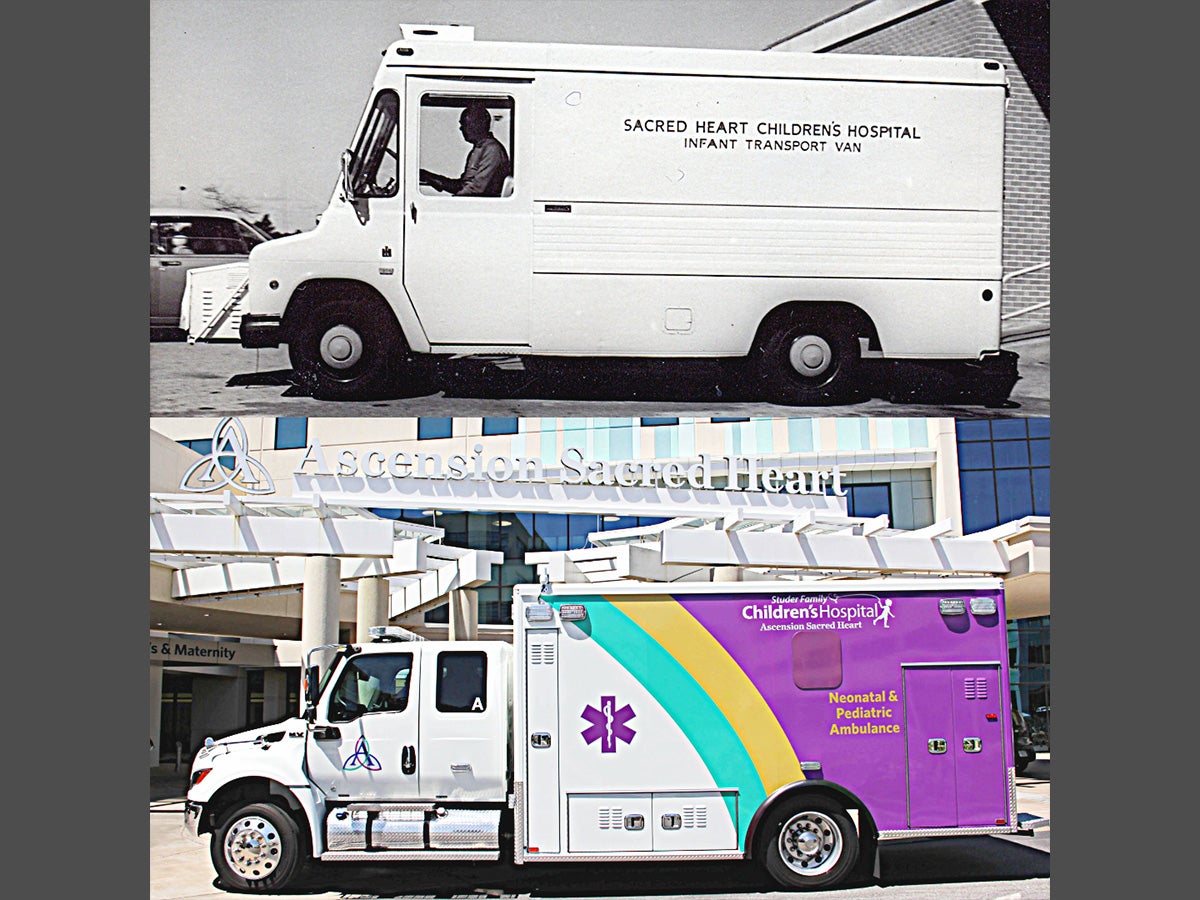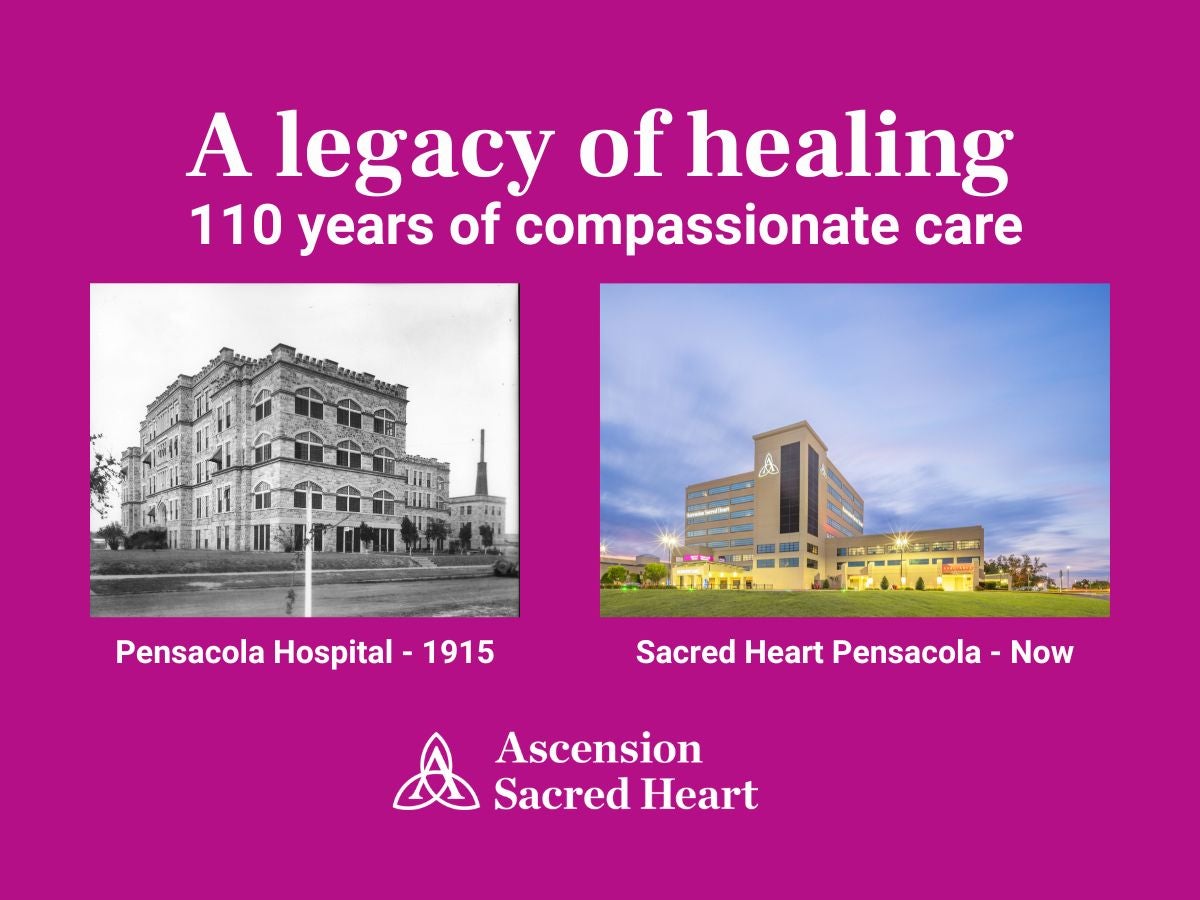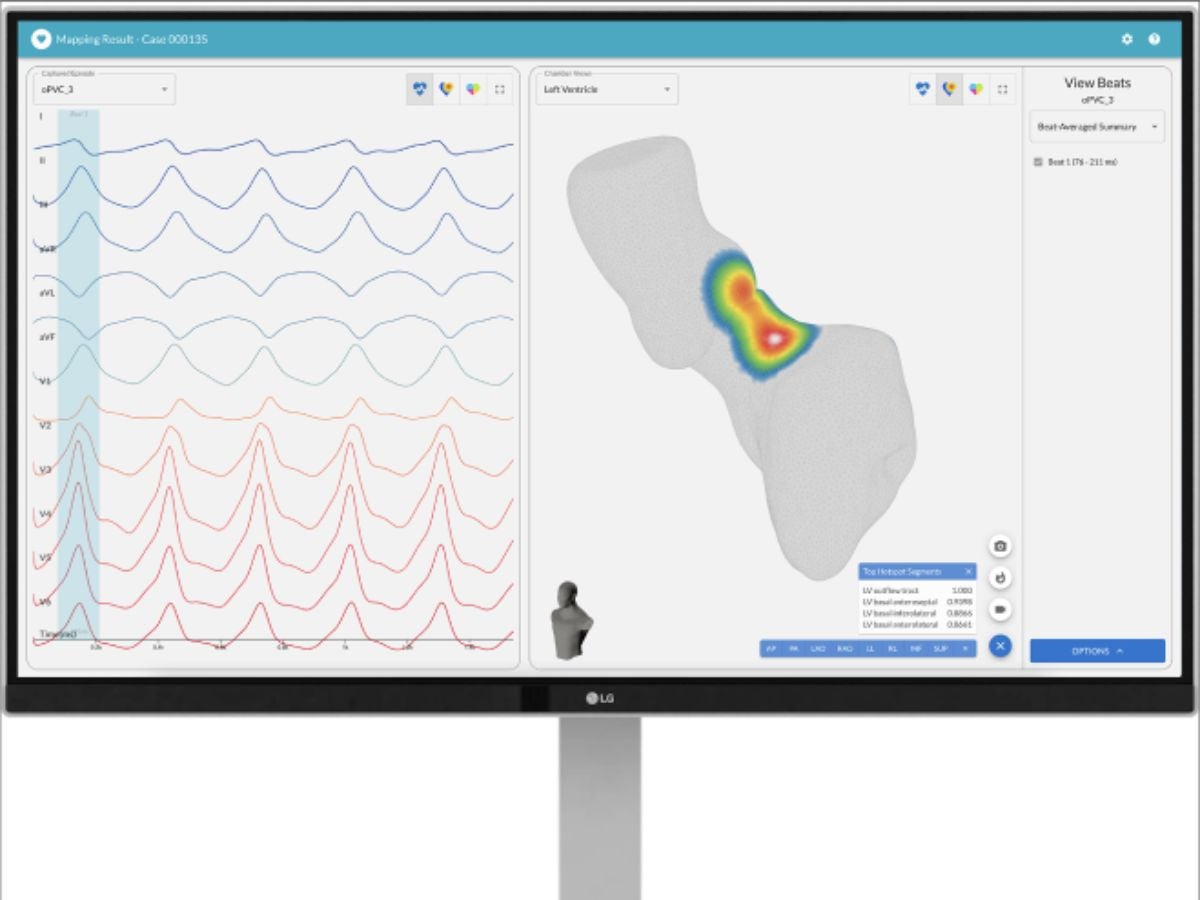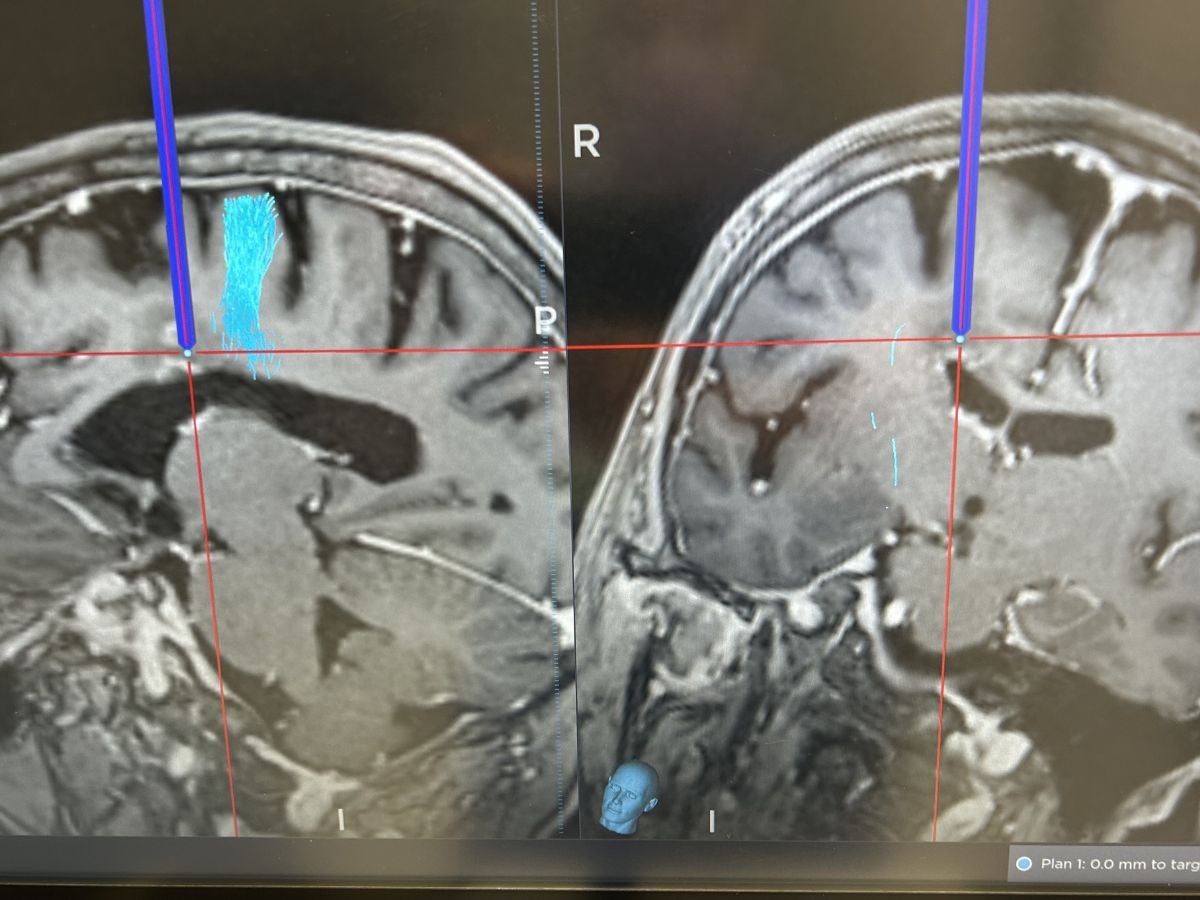A Year of Hope and Healing
July 2025 marks a significant one-year milestone since Studer Family Children's Hospital launched its dedicated Neonatal Pediatric Transport Team, organized with one clear purpose: to deliver critical, compassionate care to our region's most vulnerable newborns and children. Since that first urgent call in July 2024, nearly 700 successful, lifesaving transports have occurred by ground and air. Each transport represents a moment when time, skill, and compassion converged when a child's future hung in the balance, and our team responded.
Compassionate Critical Care
At Studer Family Children's Hospital, our Level III Neonatal Intensive Care Unit (NICU) is a trusted leader in specialized newborn care. Operating around the clock, our NICU is equipped with advanced equipment to care for the tiniest and most fragile premature infants, some born as early as 22 weeks. Under the direction of board-certified neonatologists, our highly skilled multidisciplinary team, including neonatal nurses, respiratory therapists, pediatric pharmacists, lactation consultants, developmental therapists, social workers, and care coordinators, delivers expert, evidence-based care in a nurturing environment.
Nationally recognized for excellence, our NICU maintains a 95% survival rate for infants born under 28 weeks, a testament to the advanced technology, clinical expertise, and deep compassion that define our care. In close partnership with families, we provide personalized support, guidance, and resources to help newborns breathe, feed, and grow stronger, laying the foundation for lifelong health before going home.
A Legacy Reimagined
The roots of critical care transport trace back to 1862, when Major Jonathan Letterman pioneered the modern EMS model during the U.S. Civil War, venturing into battle to transport the wounded to care quickly.
Closer to home, this same inspiring spirit took form in 1971 with the launch of the Sacred Heart Children's Hospital Infant Transfer Van. It began ferrying the region's most vulnerable infants to facilities equipped for specialized care.
Reestablishing Our Mission
In a powerful and poignant return to our foundational mission, Studer Family Children's Hospital reestablished its dedicated ambulance service in July 2024 with the launch of our Neonatal Pediatric Transport Team, composed of highly skilled emergency medical technicians (EMT),neonatal nurses and respiratory therapists. Their expertise forms the solid bedrock of our mobile response. Propelled by an unwavering commitment to the young lives of Northwest Florida, this team quickly began its critical work. In just six months, their expertise and compassion were instrumental in preserving the futures of more than 300 infants and children.
Expanding Our Reach
In 2025, we proudly celebrated the arrival of two custom-designed Studer Family Children's Hospital Neo-Pediatric Ambulances. These state-of-the-art life-sustaining vehicles serve as mobile neonatal and pediatric intensive care units generously funded by our community. Their advanced design and critical operation capabilities are powerful symbols of our enduring promise: to deliver urgent, lifesaving care with speed, skill, and compassion.
Looking Forward with Vision and Purpose
As the Studer Family Children's Hospital Neonatal Pediatric Transport Team reaches its one-year milestone, our commitment to pediatric transport is stronger than ever. We look ahead to a future of expanded outreach, enhanced training, and increased capacity. This work is vital to the mission of Ascension Sacred Heart and our broader goal: ensuring every child, regardless of location, receives expert care when time matters most.
"Be assured, the positive trajectory you have forged for these young lives and their families is a source of immense pride and lasting impact," says Dr. Jason Foland, President of Studer Family Children's Hospital.
A Note of Thanks
Special recognition goes to Amanda Hammon, MSN,RN, manager of the Neonatal Pediatric Transport Team and Level 3 NICU. With almost 2 decades of healthcare experience, Amanda embraced the complex world of transport medicine with a bold vision and precise execution. She tackled each challenge head-on, from ambulance design and personnel recruitment to navigating Florida's intricate regulatory landscape. Her leadership has elevated care and saved lives. Amanda, on behalf of every child whose life you've touched in Northwest Florida, we offer our heartfelt thanks.
"To every member of our Neonatal Pediatric Transport Team and all EMS providers across the surrounding counties who so diligently serve our collective community, we extend our profound appreciation for your tireless commitment to safeguarding the lives within it." –President Dr. Jason Foland, MD, MBA, CPE, FAAP, FCCM, Studer Family Children's Hospital.
Together, we're shaping a healthier, safer tomorrow—for every child, every mile, every moment that matters.




